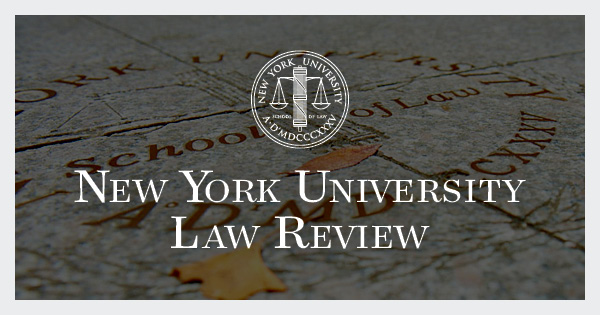KBCraig
NES Member
It will be interesting to see what the 2nd Circuit has to say, but this was a good ruling.
In light of the uncontested fact that Plaintiff presented his pistol permit to Defendant before or at the time he disclosed that he was in possession of a pistol and the absence of any other indicia that Plaintiff was otherwise violating the statute, no reasonable officer could believe probable cause was present. Any contrary holding "would eviscerate Fourth Amendment protections for lawfully armed individuals" by presuming a license expressly permitting possession of a firearm was invalid.

 reason.com
reason.com
In light of the uncontested fact that Plaintiff presented his pistol permit to Defendant before or at the time he disclosed that he was in possession of a pistol and the absence of any other indicia that Plaintiff was otherwise violating the statute, no reasonable officer could believe probable cause was present. Any contrary holding "would eviscerate Fourth Amendment protections for lawfully armed individuals" by presuming a license expressly permitting possession of a firearm was invalid.

Fourth Amendment Forbids Handcuffing Driver Just Because He Has Gun + Gun Permit
From Friday's decision in Soukaneh v. Andrzejewski, written by Judge Janet Bond Arterton (D. Conn.): At approximately 8:34 pm on…

![ROFL [rofl] [rofl]](/xen/styles/default/xenforo/smilies.vb/013.gif)



